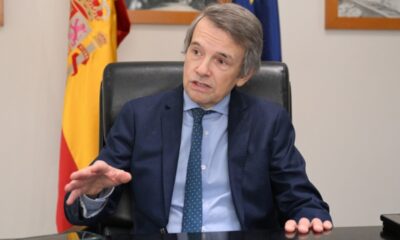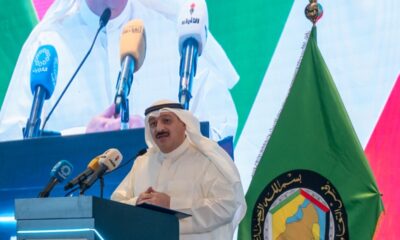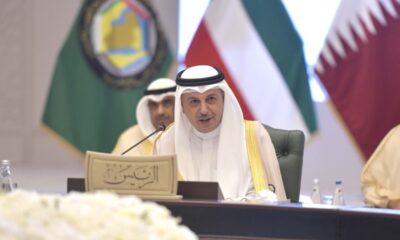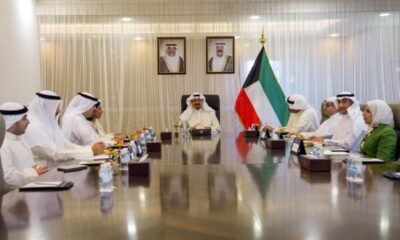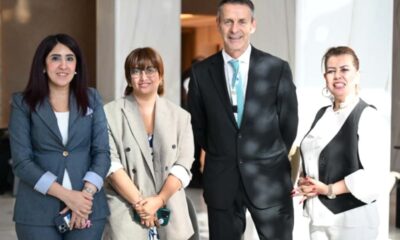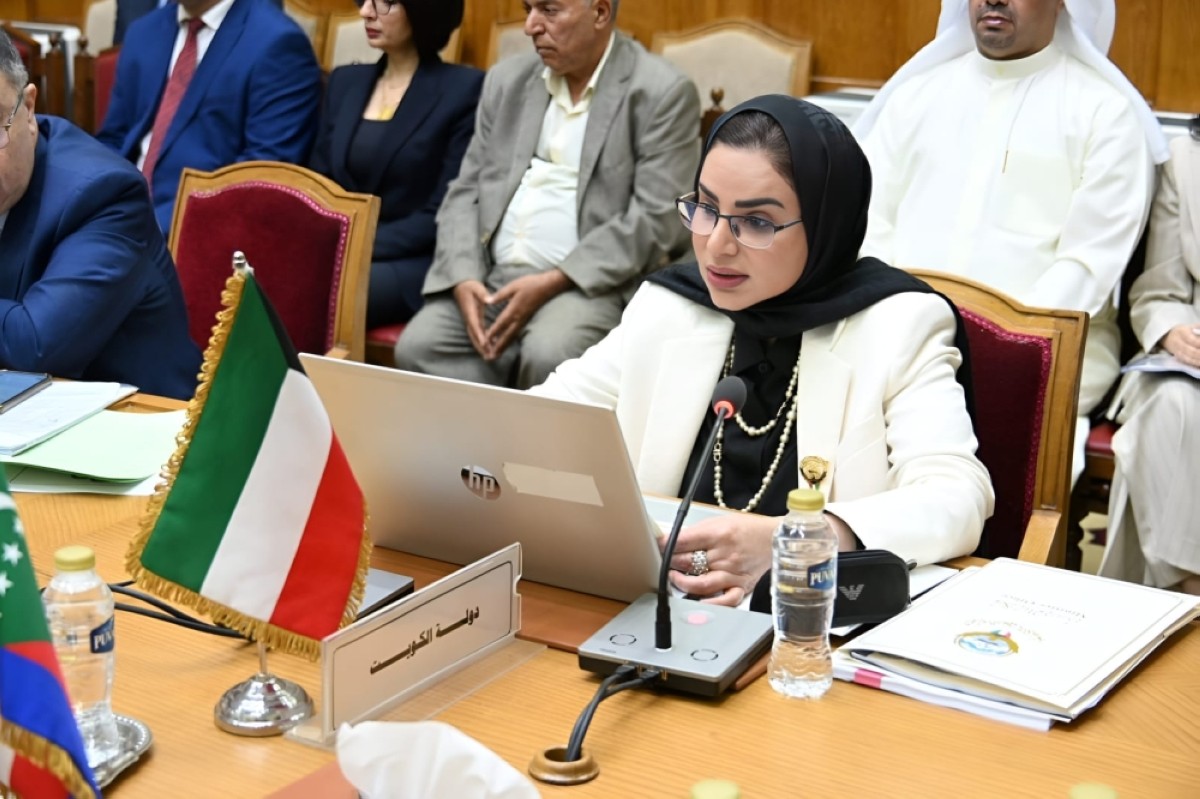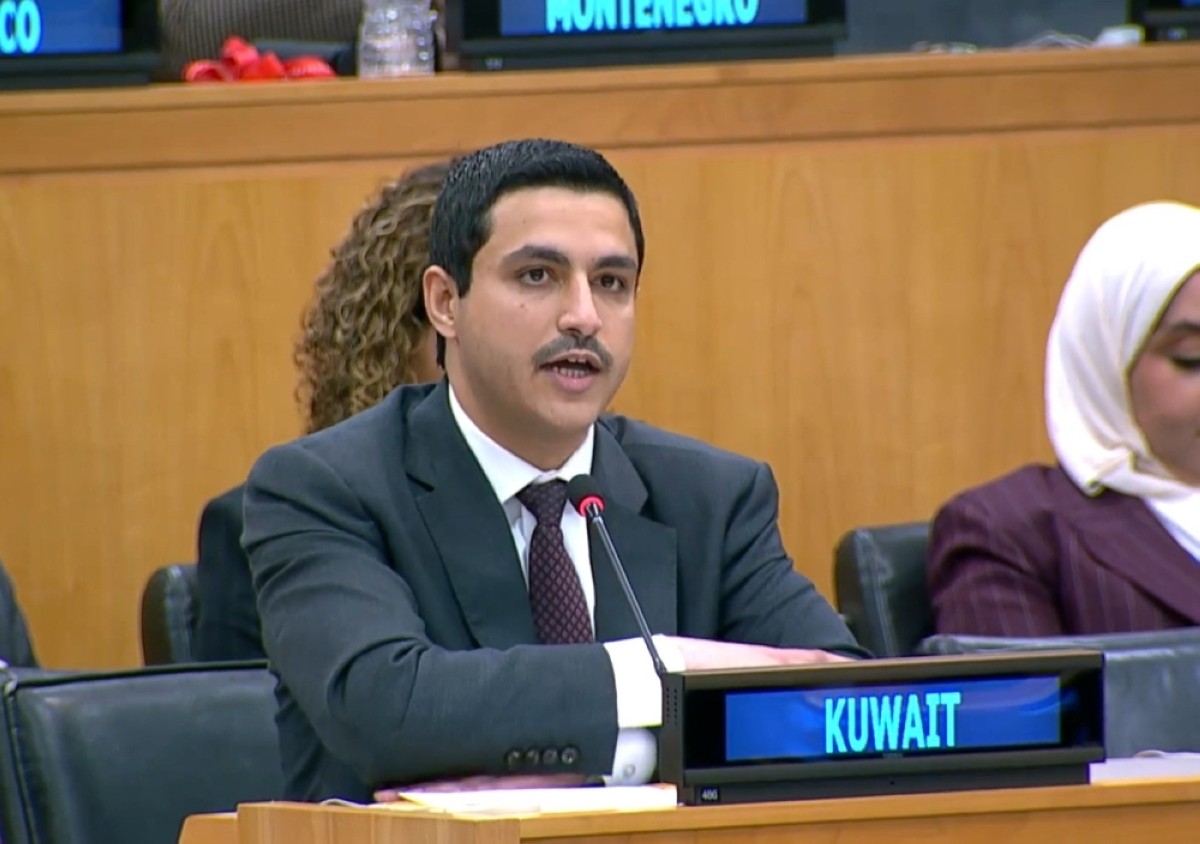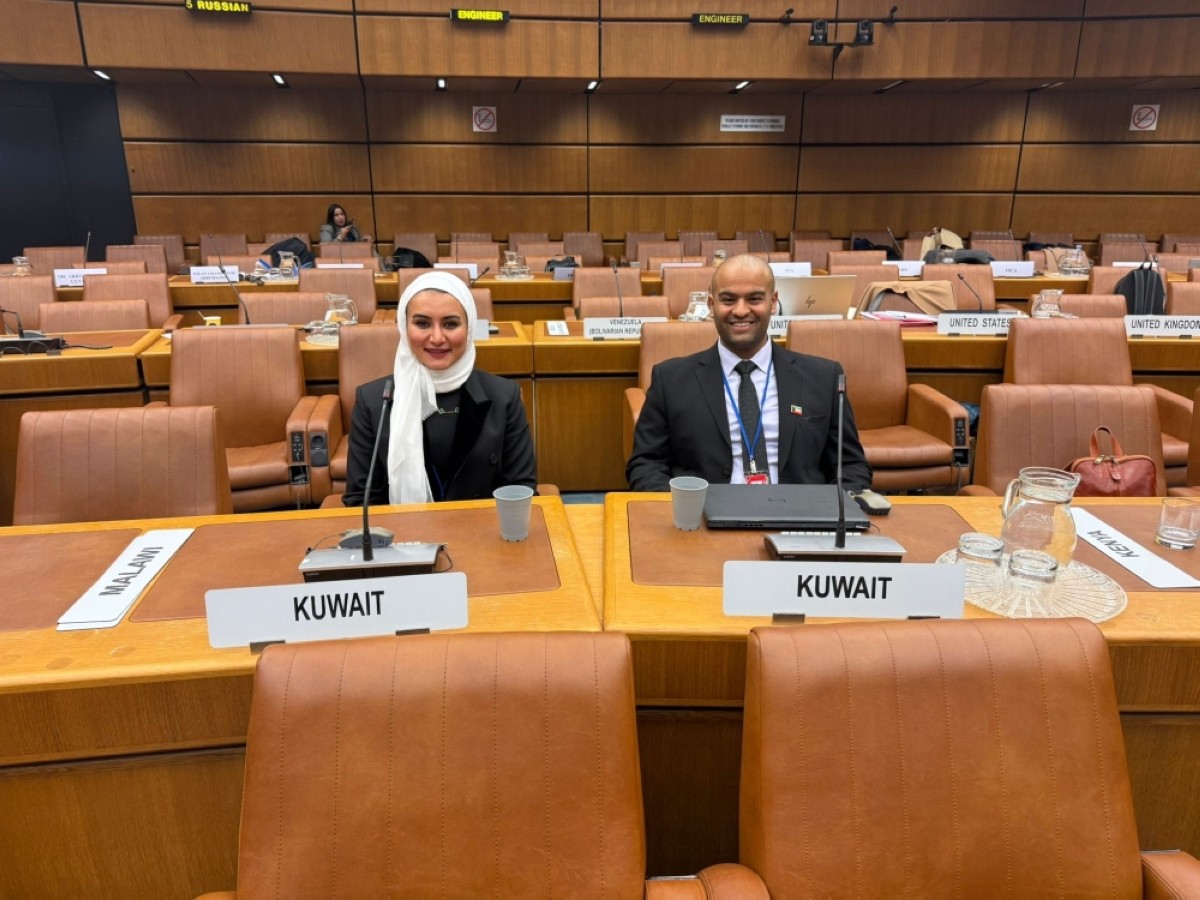KUWAIT: Public prosecutors from Gulf Cooperation Council (GCC) states gathered in Kuwait on Thursday for the 17th annual meeting of their offices, highlighting their shared role in enforcing the law and protecting citizens’ rights. “The public prosecution and attorney general bodies in the GCC states bear a great responsibility as guardians of society, protectors of rights, and pillars of justice and law enforcement,” said Attorney General Saad Al-Safran, who chaired the session.
Al-Safran said the meeting was “not merely a ceremonial event, but a serious working platform to exchange insights, share experiences and discuss common challenges posed by emerging and evolving crimes.” He added that the goal is to issue recommendations that improve the efficiency and effectiveness of GCC legal institutions.
He noted that previous gatherings had been “an important support for Gulf cooperation, contributing to the unification of practices and the exchange of judicial expertise, which reinforces justice and strengthens public confidence in legal institutions.” “This meeting reflects the fraternal bonds between GCC countries and embodies our shared goal and destiny,” Al-Safran said. “The love, fraternity, and historical ties that unite us make joint work more robust and effective.” Sultan Al-Suwaidi, Assistant Secretary-General for Legislative and Legal Affairs at the GCC Secretariat, said cooperation between GCC prosecutors is “a cornerstone of judicial and legal security” and plays a key role in maintaining stability and combating crime in all its forms.
Al-Suwaidi highlighted the participation of José de Lamata, Vice President of the European Union Agency for Criminal Justice Cooperation (Eurojust), as a sign of “shared recognition of the importance of strengthening judicial partnerships between GCC prosecutors and the EU agency, a key pillar for regional security and stability.”
“In an era of cross-border and sophisticated crimes, the EU agency serves as an inspiring model for the rapid exchange of information and forensic evidence, and for coordinating investigations into terrorism, organized crime, corruption and cybercrime,” he said.
De Lamata said the meeting offered “an important opportunity to enhance strategic cooperation between EU states and the GCC.” He noted that differences in legal systems do not prevent collaboration, and described the EU-GCC partnership as vital for tackling serious crimes, including drug trafficking, money laundering, organized crime and human trafficking. In 2024, he said, the EU agency handled 13,000 cases, held 640 coordination meetings, and supported 361 joint investigation teams.
GCC prosecutors emphasized that criminals exploit economic and technological changes and stressed the “importance of international cooperation to achieve swift justice that protects society, its youth, savings, and economy.” They also highlighted the value of learning from the EU agency’s best practices to strengthen Gulf prosecution offices.
The meeting concluded with the presentation of the 2025 Hamid Al-Othman Award for Excellence to Talal Al-Fahad, Chief Prosecutor at Kuwait’s Public Prosecution, in recognition of his outstanding achievements in international judicial cooperation and legal development. — KUNA
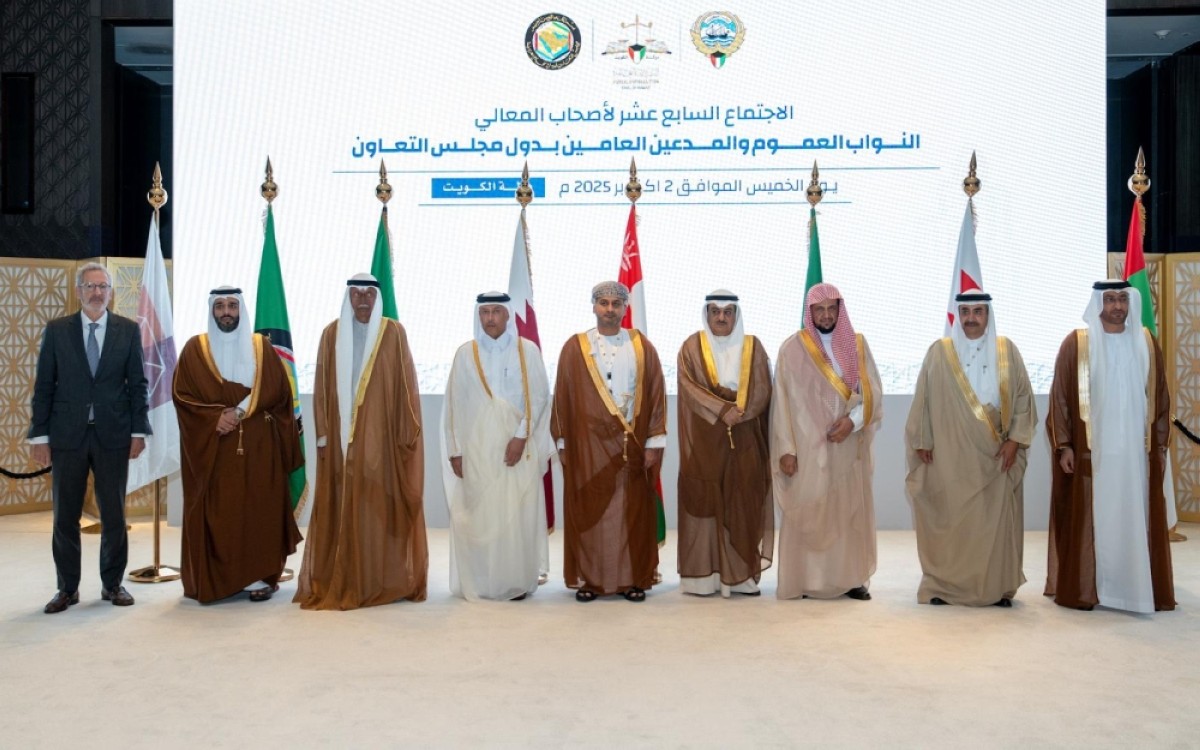

 Politics23 hours ago
Politics23 hours ago
 Politics13 hours ago
Politics13 hours ago
 Latest News20 hours ago
Latest News20 hours ago
 Latest News12 hours ago
Latest News12 hours ago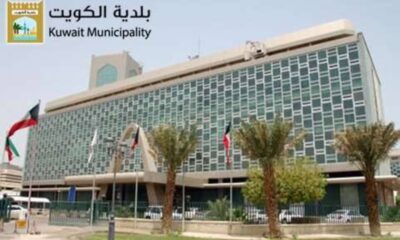
 Latest News23 hours ago
Latest News23 hours ago
 Latest News14 hours ago
Latest News14 hours ago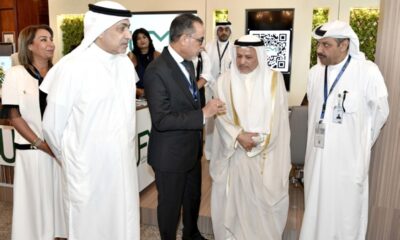
 Latest News22 hours ago
Latest News22 hours ago
 Politics4 hours ago
Politics4 hours ago
